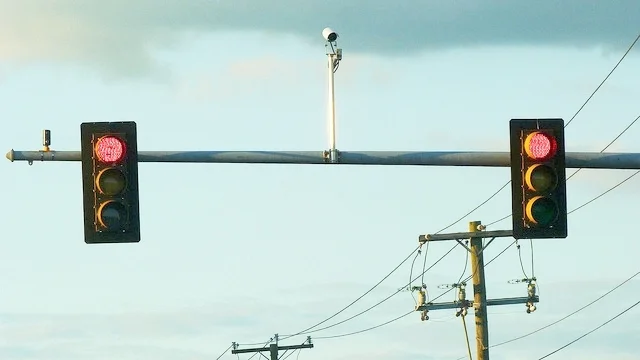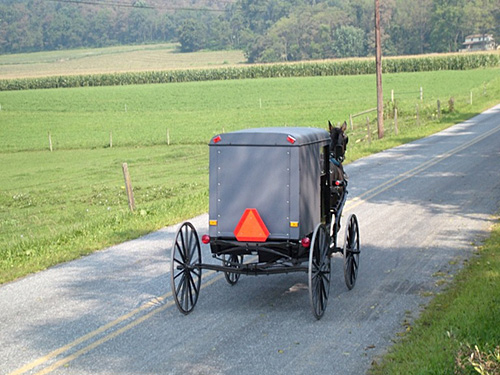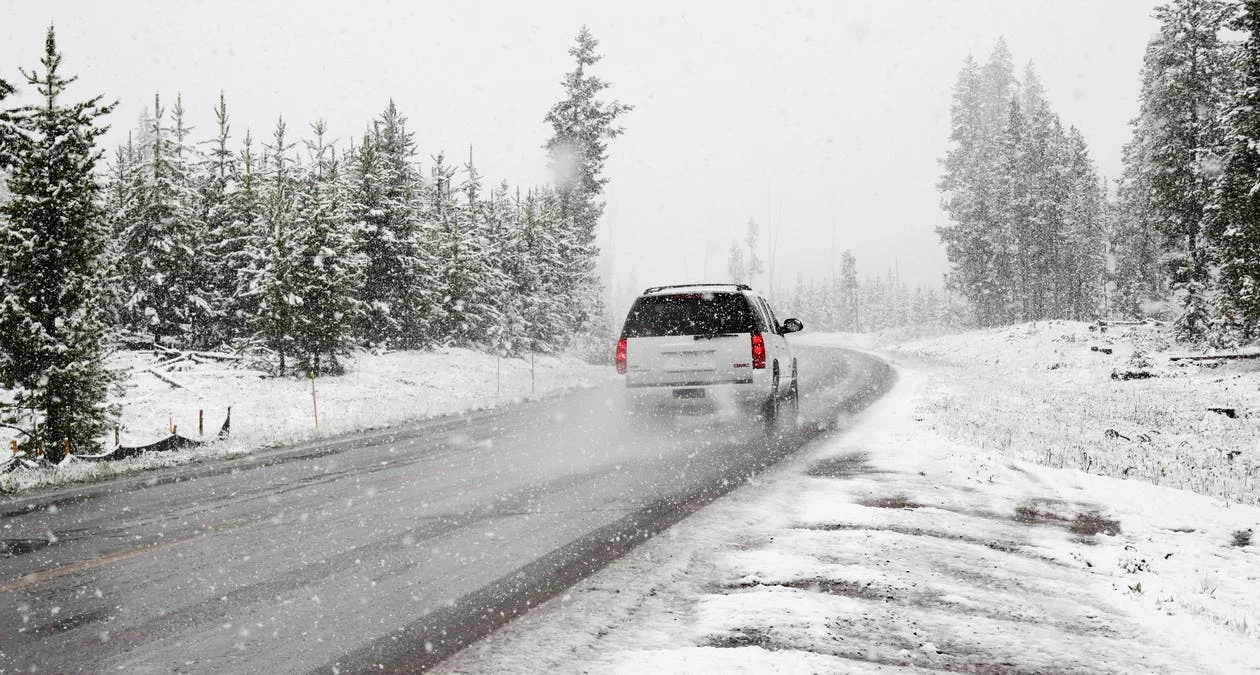With the holiday season fast approaching, thousands of Michiganders will do doubt be travelling to see their families or even to take a winter vacation. While many may choose to fly, driving is also a popular travel method to reach nearby destinations. While roadtrippers are crossing between states, they need take into consideration any differences in state road laws, particularly at intersections. Unlike Michigan, the Detroit News says 23 other states use automated ticket cameras to fine drivers unaware that they are being filmed for breaking the law.
Privatized traffic law enforcement systems are growing in number throughout the United States, but Michigan has yet to follow the trend. The fact that Michigan hasn't followed suit may be for the best since many states have had negative experiences, and even scandals arise from the use of ticketing cameras. While traffic cameras were designed to make drivers follow road rules, since even just seeing a camera causes motorists to slow down, this is the exact reason they also caused trouble when drivers are ticketed after driving through an intersection during the “dilemma zone." The dilemma zone refers to the time frame in which a driver has to make a split-second decision to proceed through or slam on their brakes to stop, when a traffic light has just turned red.
Additionally, a study conducted in Los Angeles, California highlighted how red-light cameras led to an increase in traffic accidents, predominantly rear-end car crashes from drivers slamming on their brakes after seeing the camera's flash. This study led to many cities in California to break their contractual agreement with the traffic camera companies and even discover that one city's police department purposely stopped recording the information received from the traffic cameras in order to hide the results.
The scandals occurring in other states who use ticketing cameras at intersections include companies bribing local officials, automated ticket companies refusing to use the money acquired through traffic citations for public school funding, and privately owned ticket operation companies placing profit over traffic safety by setting ticket quotas.
It is for all of these problems with traffic cameras that Michigan Senator Mike Shirkey introduced Senate Bill 593 in November 2015. The bill suggests banning the use of unmanned traffic monitoring devices to detect or enforce traffic violations concerning speed limits, signals, traffic signs, etc.
Shirkey has said, “The recent scandals that took place in other states (related to ticketing cameras at intersections) show the true nature of some of these programs, and Michigan drivers have always, thankfully, valued freedom and we've avoided the added stress that cameras and their inaccurate ticketing can present.”
For now, Michigan residents can rest easy that the traffic cameras currently in place at select intersections across the state are simply there to monitor the flow of traffic. That doesn’t mean however, that drivers should disobey traffic signs or forget the laws of the road. Police can and will issue traffic citations which may be difficult to fight in court and may lead to points being added to a motorist's license, no matter if the ticket is received out-of-state or in-state.
Although some Americans relate traffic cameras to sinister government objectives such as increasing tax rates and invading citizens privacy, and point to the above mentioned scandals as proof, these state governments view traffic cameras as a safety addition to their city which keeps down traffic violations and keeps school zones safe. So, when you're driving to Bubbe's house for Hannukah this year, mind your speed or traffic cameras won't mind giving you a speeding ticket. It's better to eat cold latkes than have to explain to your Michigan accident Lawyer that you got rear-ended in Ohio when you slammed on your brakes at a traffic light that took your picture for speeding.
Red light cameras and speeding ticket cameras seem to be a reasonable safety measure for many American lawmakers who are working to help decrease and prevent auto accidents and traffic violations. While Michigan doesn't employ cameras to catch speeding or rule breaking drivers, Michigan drivers should always remember to follow the rules of the road to avoid getting in trouble with the law and to avoid getting into motor vehicle accidents. If you or somebody you know has been injured in an auto accident, call The Michigan Law Firm, PLLC at 844.4MI.FIRM for a free consultation with an experienced accident attorney.









